The video game remake is an ambitious undertaking, where a popular game is reinvigorated with new technological enhancements, including greater resolutions, graphic fidelity, and up-to-date control schemes, making the original version archaic in the service of a new, revitalized evolution. Rebuilding an old game with greater accessibility and a renewed essence allows audiences old and new to rediscover/discover a title in its best possible state, and that is a beautiful thing. The craft is undeniable, but the question is are remakes becoming too prevalent, and are they designed to plaster over the sense there’s barely any innovation left in the industry when it comes to building new games with new ways to approach narratives?
While remakes are certainly welcome every now and then, the trend becomes worrisome when you begin to sense the industry is running out of new ideas. New ways to tell stories should be in ceaseless abundance, as we’ve seen over the decades with audacious titles pushing the creative and storytelling envelope even further than we imagined.
Back before the eighth generation of consoles, the videogame industry bloomed with pick-up-and-play accessibility in ways that were insatiable and moreish. There were no remasters, just pure and unique experiences for players to indulge in that were long enough to tell the stories they wanted to tell, but short enough not to be overbearing. Examples include Spec-Ops: The Line, Sleeping Dogs, Puppeteer, all the Max Payne games, Rayman Origins/Legends, and so many more. Games back in the day managed to be arcadey in terms of accessibility, and we could actually play as many as we liked without feeling overloaded.
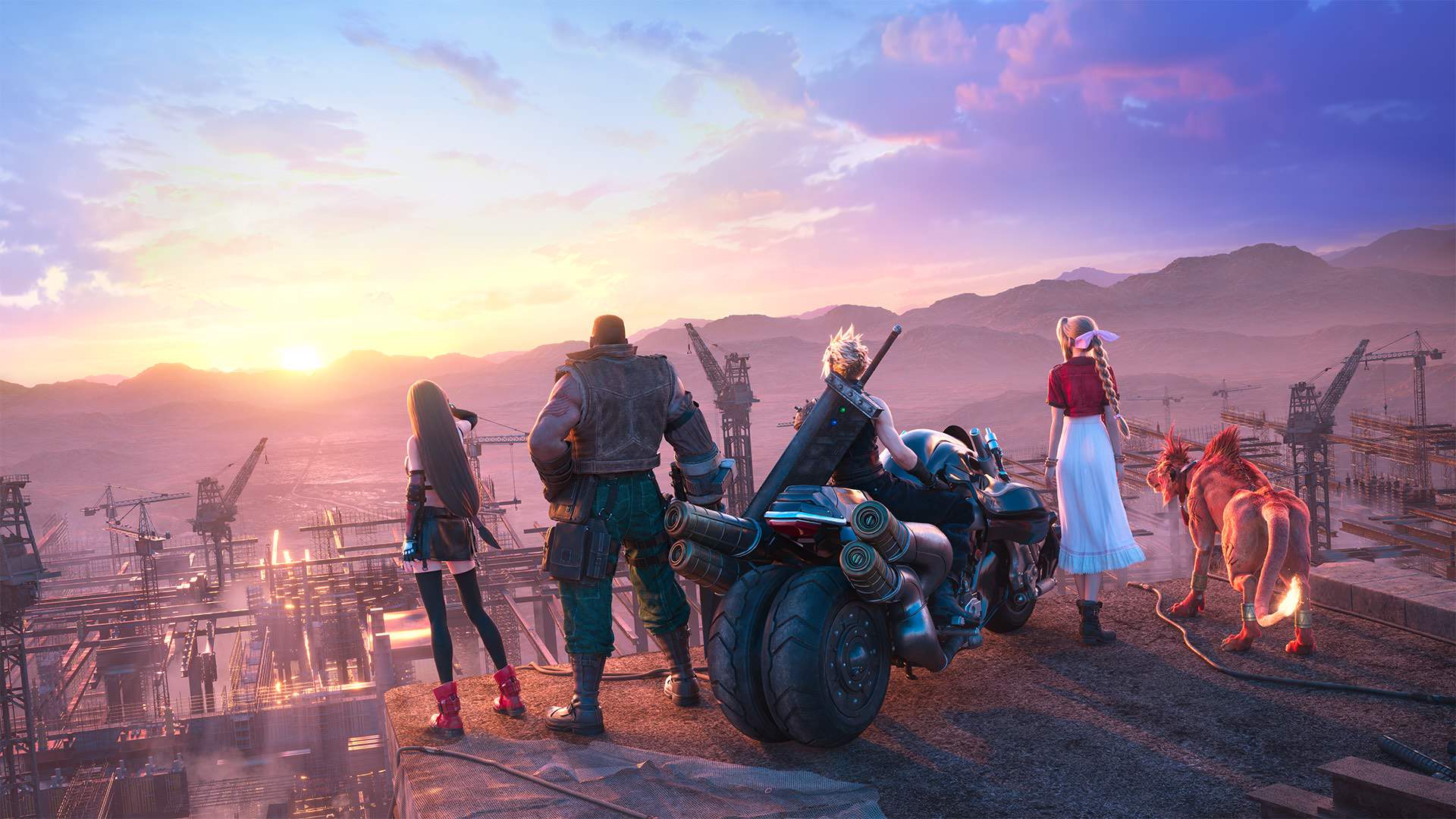
Now, we’re inundated with many massive and overly complicated games with sophisticated mechanics, and too many that are long and overbearing to play. On top of this, our nostalgia for the past is at an all-time high, and this is reflected in the copious amounts of videogame remakes and remasters we’ve been inundated with these past couple of console generations.
Although they weren’t the originators of the remaster, Naughty Dog started a trend of remasters with the release of The Last of Us: Remastered in 2014, a PS4 remaster of 2013’s generation-defining survival game classic and GOTY winner. From this point forward, we began seeing remasters gaining steam; some of them were lauded and wanted, yet some of them were half-baked or forced. For every Ni No Kuni: Wrath of the White Witch Remastered, Spyro Reignited Trilogy, Uncharted: The Nathan Drake Collection, and Oblivion Remastered, there are a host of terrible examples you could barely call remasters like The GTA Trilogy, Mafia II: Definitive Edition, Alan Wake Remastered, and the Prototype I and Prototype II remasters.
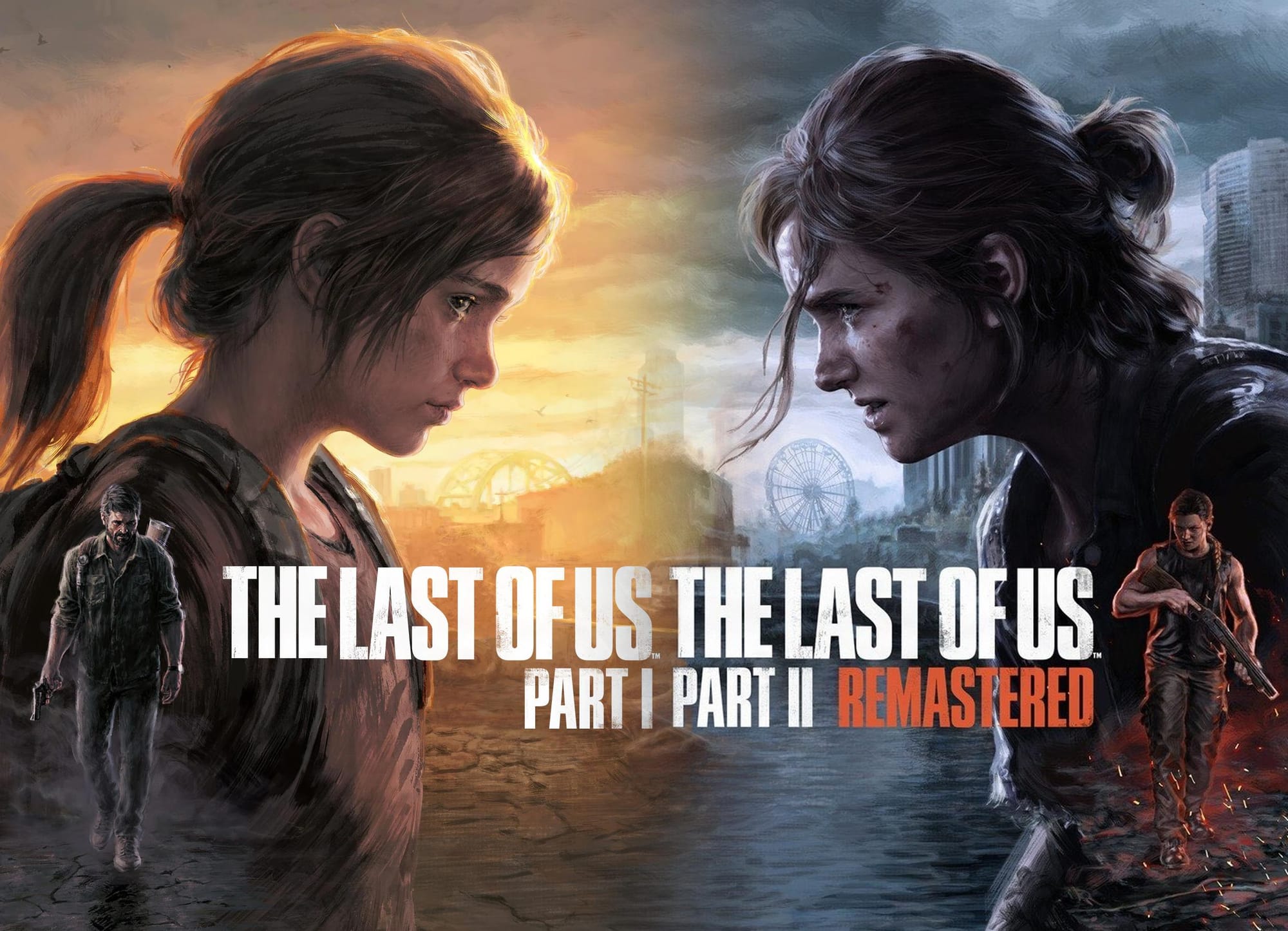
The reason why we see such a huge quality difference with these remasters, is that publishers and developers want to keep their games relevant on the latest consoles. While many of them include beautiful quality of life improvements, some are booted out into the wild with little care,, and they get torn up by the critics as a result.
As for remakes, they’re designed to evolve and improve on the original experiences with revitalized ambience, more features, and crisper textures and sound subtleties without compromising the original game. Notable remakes that do a brilliant job of evolving their original versions include Shadow of the Colossus, Final Fantasy Remake/Rebirth, Silent Hill 2, and all the Resident Evil remakes.
The good news when it comes to remakes, is that they’re usually very well made, and they’re crafted with the utmost respect for their progenitors. Some, like MediEvil and (especially) XIII, failed to surpass the original works, but instances of inferior remakes are infrequent. XIII was incapable of translating 2003’s comic shooter appeal to a new console almost 20 years later, and MediEvil’s remake flopped because it wasn’t able to match the allure of the PS1 classic.
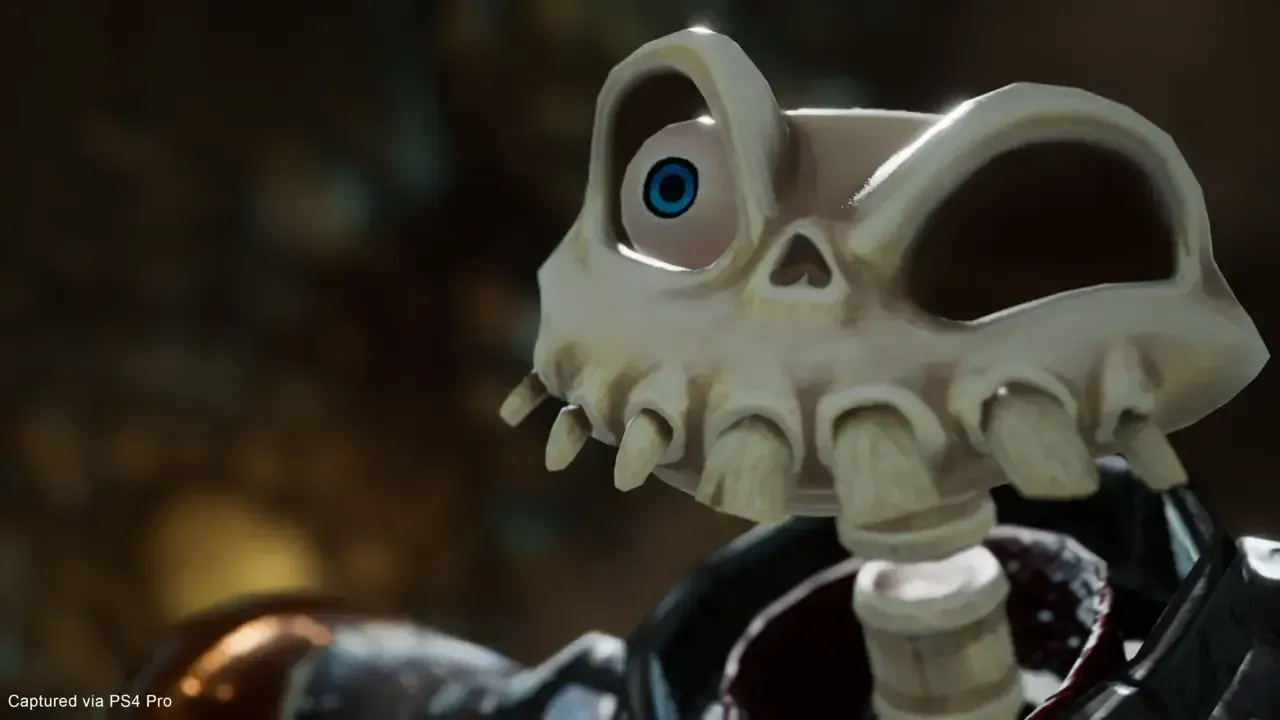
Now that we’ve laid out the differences between the remasters and remakes, it’s time to tell you that they’re taking over the industry, covertly telling us games were better in the past than they are currently. Remasters and remakes pour out continuously because we pine for them, yes, but would we be rallying for them so hard if the industry continued to provide the types of games from decades past that we love so much?
There is a novelty in remastering and remaking games for the current generation of consoles. Taking a well-loved game from the past and sprucing it up with refurbished details and reworked gameplay is what today’s videogame technology does so superbly well. We also get the chance to compare the way the original game was with the new remade version, and we get to truly admire the differences. In this sense, videogame remakes are absolutely worth experiencing, and the hard-work and dedication of restoring and reinvigorating an old game into a wholly refurbished product is definitely admirable.
However, the games industry should always strive to give us new IPs and new entries in existing franchises. Buffing up current-gen console libraries with new games allows the industry to give us something new and ambitious to be excited about.
If new IPs aren’t so much the focus, then new entries in old franchises should be a continuing focus because marquis franchises are important to a console’s identity, and brings character and personality to a hardware’s library. Unfortunately, we’re seeing more shelved or retired franchises than ever before, and that keeps us yearning for more.
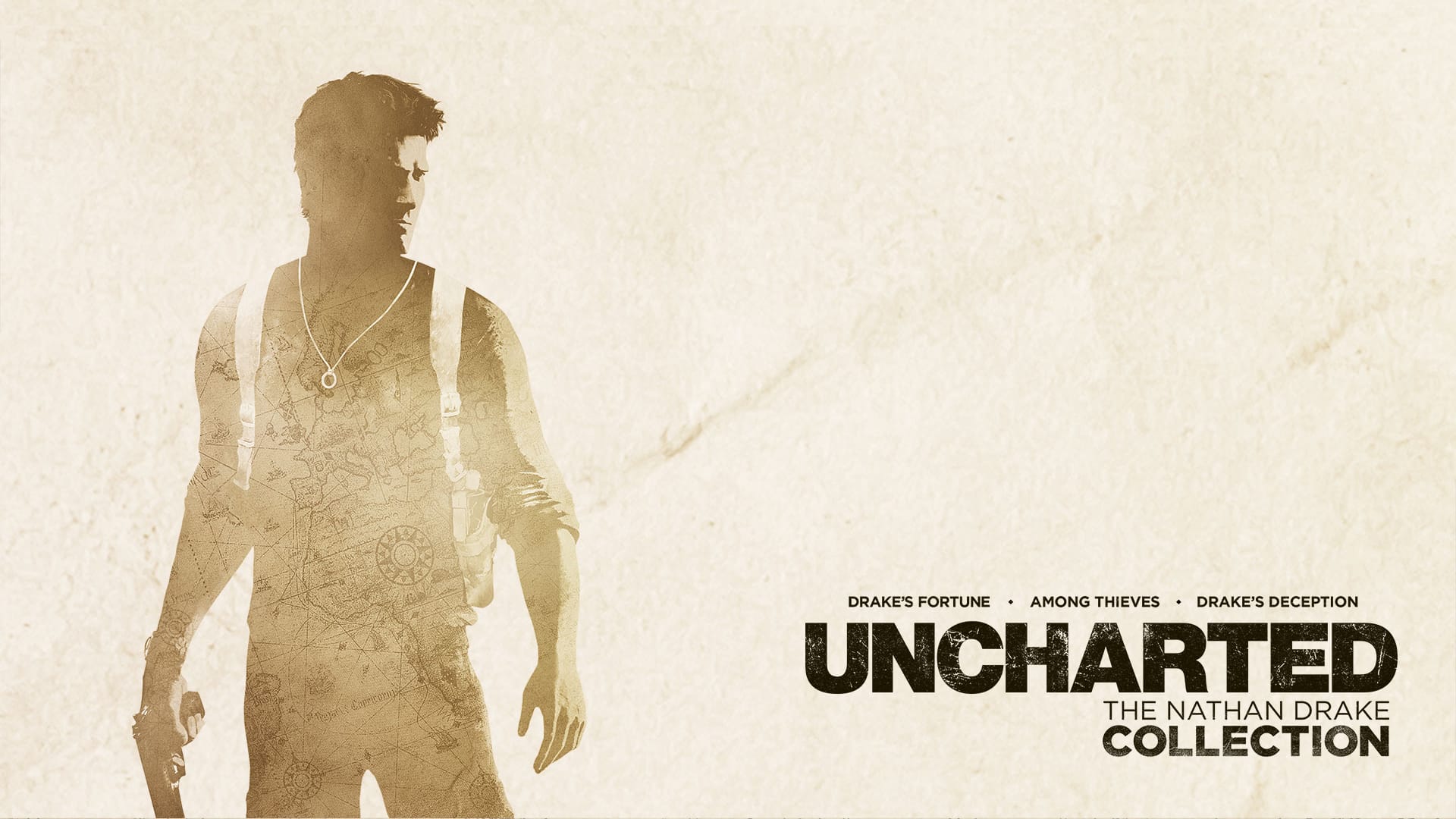
On PlayStation alone, Uncharted, Resistance, Infamous, Killzone, LittleBigPlanet, Modnation Racers and Motorstorm are among the franchises SONY have been dropped for various reasons, and this has made way for new IPs, but besides those franchises feeling less characterful and charismatic, SONY are refusing to bring new entries to the old guard unless they’re more emotionally charged and less fun. Yes, the direction of Playstion exclusives prioritize emotional storytelling over fun and joyful games for the most part,
With PlayStation’s direction seemingly turning all of its current exclusives into different takes on the formula The Last of Us initiated, the popularity of modern videogame remakes appeases gamers’ nostalgic desires, and thus we choose to give the industry more reasons to remind us of the past, rather than accelerating our excitement for the future of games-even though the technical facelifts of remakes are always remarkable to see when you compare them to their former selves.
A glaring problem with remasters and remakes is that they are used to pump more money out of gamers than would seem reasonable. Gears of War came out in 2006, and has since received an Ultimate Edition in 2015, but because Ultimate wasn’t ultimate enough, we then received a second reminder of Gears of War’s greatness with Gears of War: Reloaded. Many of us have paid for the original Gears of War three separate times, and likely spent £150/$200 on them, which is ridiculous. Gears of War is great, but it deserves to stand on its own without these reminders that it existed. These remasters can be forgiven because the Ultimate Edition and Reloaded were introduced on different Xbox consoles, but why not a remaster of Gears of War 2 and Gears of War 3, or a remastered collection with all three games?
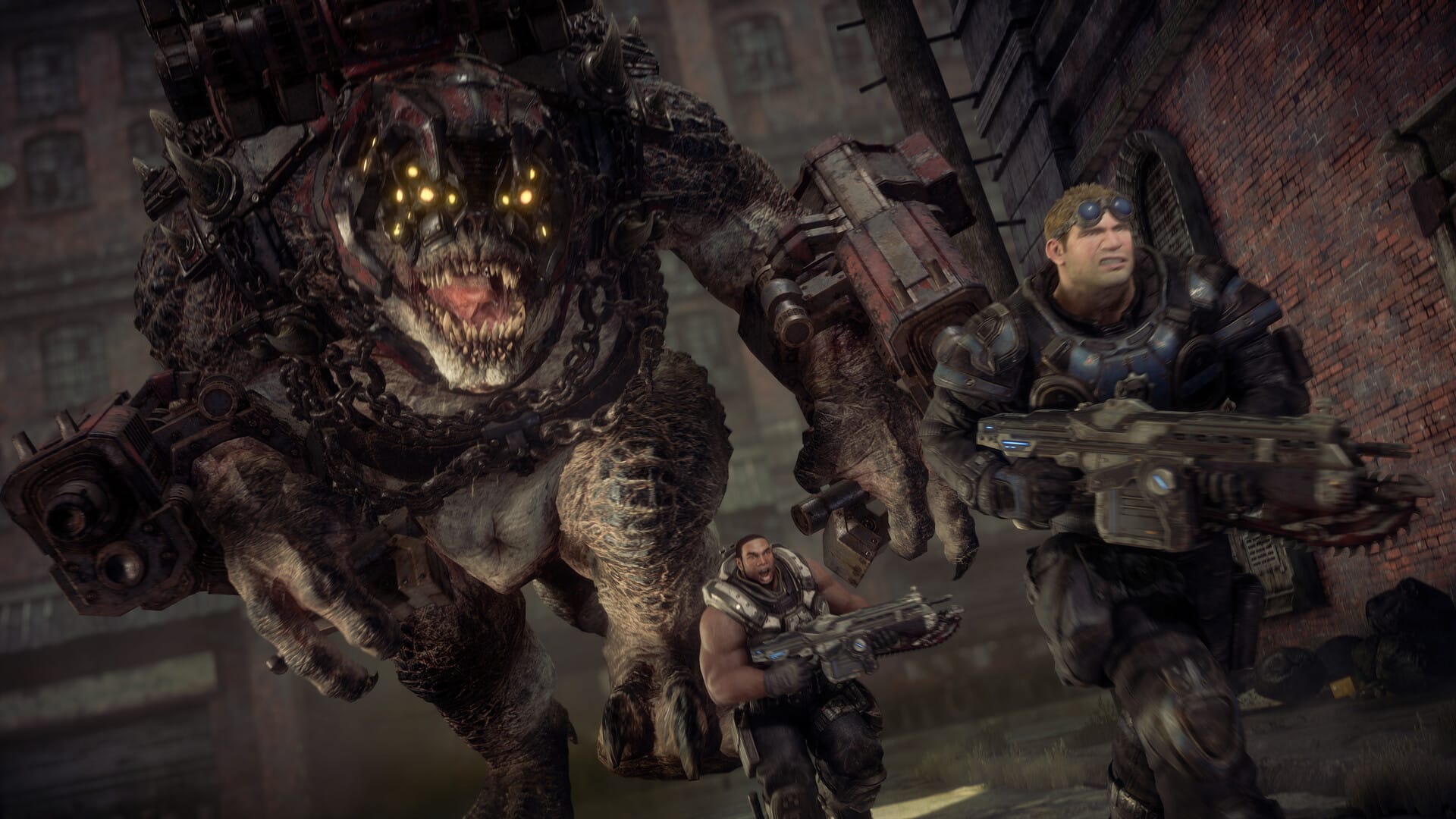
The other big game that came out in August 2025 that incentivizes players to spend more than what is reasonable for a remaster is Metal Gear Solid Delta Snake Eater. Snake Eater is the third entry in the Metal Gear Solid franchise that came out in 2005, and two decades later, Konami has sought to remaster it and bung it out to the gaming public at a cost of £69.99. Yes, Delta Snake Eater polishes up Snake Eater wonderfully, but surely it should cost £20 less at least? We’ve played Snake Eater before various times with various ports from the original PS2 game, to the unique 3DS version, and as part of collections on the Playstation Vita and PS3-so to pay maximum RRP for a spiffed up version of a twenty year-old game is ludicrous no matter how polished up it may be.
Videogame remakes and remasters are worthwhile, but the copious amount of them, along with their steep price tags, give off the impression that while they might be bolstered by graphical and performance upgrades, they are still old games with slick gloss coated over them. Videogame developers work really hard to bring new life to an old vision, but we can still play and enjoy the originals, and they should not obscure or tarnish the possibilities of new ones. Remasters and remakes belong in videogames, but they don’t need to be so plentiful.




















